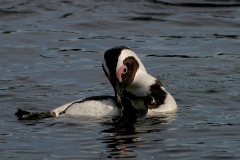Birds of Africa
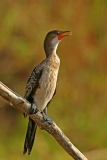 African Waterbirds
African Waterbirds 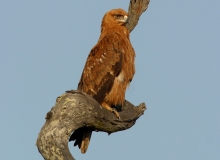 Africa - Predatory & Scavenging Birds
Africa - Predatory & Scavenging Birds southern pale chanting goshawk, yellow-billed kite, black-shouldered kite, pygmy falcon, rock kestrel, greater kestrel, spotted eagle-owl, secretarybird
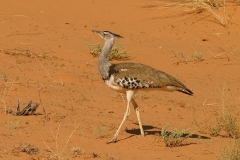 Africa Francolins-Spurfowl, Ostrich, Gallinule, Crake, Bustards
Africa Francolins-Spurfowl, Ostrich, Gallinule, Crake, Bustards 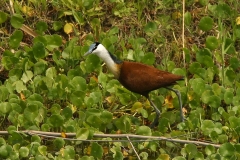 African Waders
African Waders 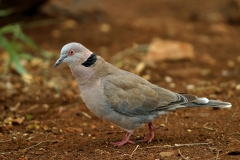 Africa Sandgrouse, Pigeons, Doves
Africa Sandgrouse, Pigeons, Doves 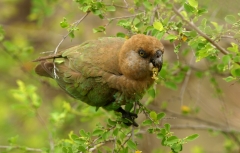 Africa Parrots, Turacos, Cuckoos, Coucals
Africa Parrots, Turacos, Cuckoos, Coucals 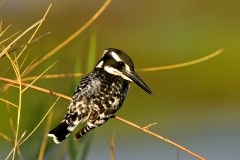 Africa Trogon, Kingfishers, Bee-eaters & Rollers
Africa Trogon, Kingfishers, Bee-eaters & Rollers 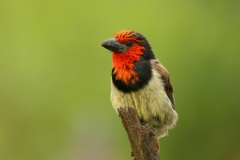 Africa Hornbills, Hoopoes, & Barbets
Africa Hornbills, Hoopoes, & Barbets 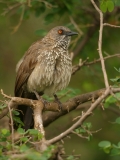 Africa Drongos, Babblers, Bulbuls, Thrushes & Chats
Africa Drongos, Babblers, Bulbuls, Thrushes & Chats 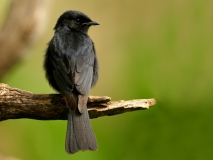 Africa - Crombec, Cisticola, Flycatchers & Wagtails
Africa - Crombec, Cisticola, Flycatchers & Wagtails southern black and chat flycatchers, african pied and cape wagtails
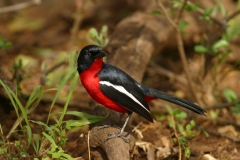 Africa - Shrikes, Starlings, Oxpeckers & Sunbirds
Africa - Shrikes, Starlings, Oxpeckers & Sunbirds 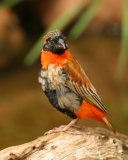 Africa Weavers, Bishops, Whydahs & Waxbills
Africa Weavers, Bishops, Whydahs & Waxbills This album contains thirteen galleries.
The layout of the galleries follows an order closely aligned with a popular guide book, Birds of Southern Africa by Sinclair, Hockey and Tarboton.
- African Penguins
- African Waterbirds
- African Birds of Prey & Scavengers
- African Francolins & Ostriches to Bustards
- African Waders
- African Sandgrouse, Pigeons and Doves
- African Parrots, Turacos, Cuckoos & Coucals
- African Trogons, Kingfishers, Bee-eaters & Rollers
- African Drongos & Babblers to Thrushes
- African Hornbills, Hoopoes & Barbets
- African Crombec, Cisticola, Flycatchers & Wagtails
- African Shrikes, Starlings, Oxpeckers & Sunbirds
- African Weavers, Bishops, Whydahs & Waxbills
It is commonly noted that Africa is the wildlife continent. This is said in the context of the exotic large mammal species that still hang onto an existence there. Associated with the enormous herds of herbivores providing the food base for large mammals, avian species in Africa also form a unique collection of wildlife. For example, there are more vultures (scavengers) and avian predators than elsewhere.
Africa’s collection of birds range from penguins and ostriches to secretary birds, storks and hornbills. There are approximately 951 species in Southern Africa. Of these, about 144 are endemic to the area. Some species are distributed world wide, such as the European starling. But the starlings of Southern Africa are absolutely gorgeous. One particular photo that Terry submitted to an international nature photography review website brought broad recognition and appreciation from some of the world’s most active nature photographers. You will find that image among the starlings. It is called the violet-backed starling.
And no bird in Africa has a more interesting job than the oxpeckers. They have the most intimate relationships with some of the most rare and exotic mammals on the planet – rhinos, giraffes, cape buffalo, warthogs, wildebeests and others. It is interesting that the elephants do not tolerate the oxpeckers. Apparently their active pecking of insects from the hides of their hosts is irritating to the touch-sensitive elephants. Because of the diverse and sometimes extreme habitats in Southern Africa, many birds have developed unique qualities to compensate. The Namaqua Sandgrouse male is able to absorb water among its breast feathers and will fly twenty miles or more to provide for its thirsty chicks. A large part of learning the bird species of Southern Africa is the fun of learning how they survive and make a living.
